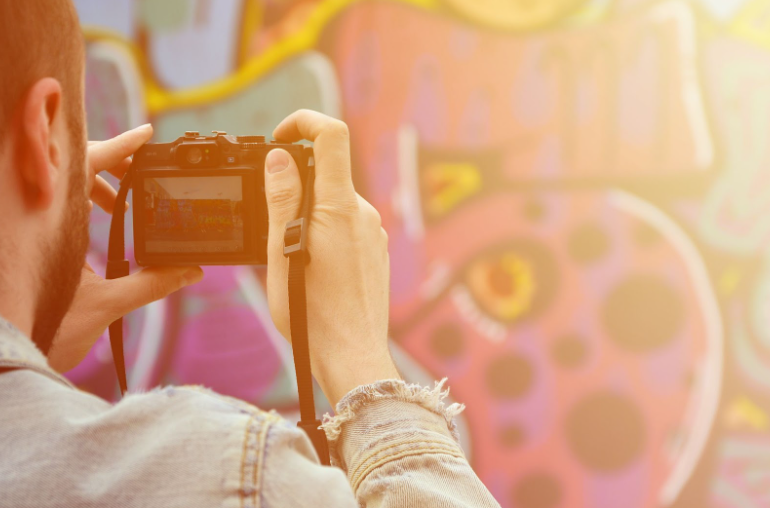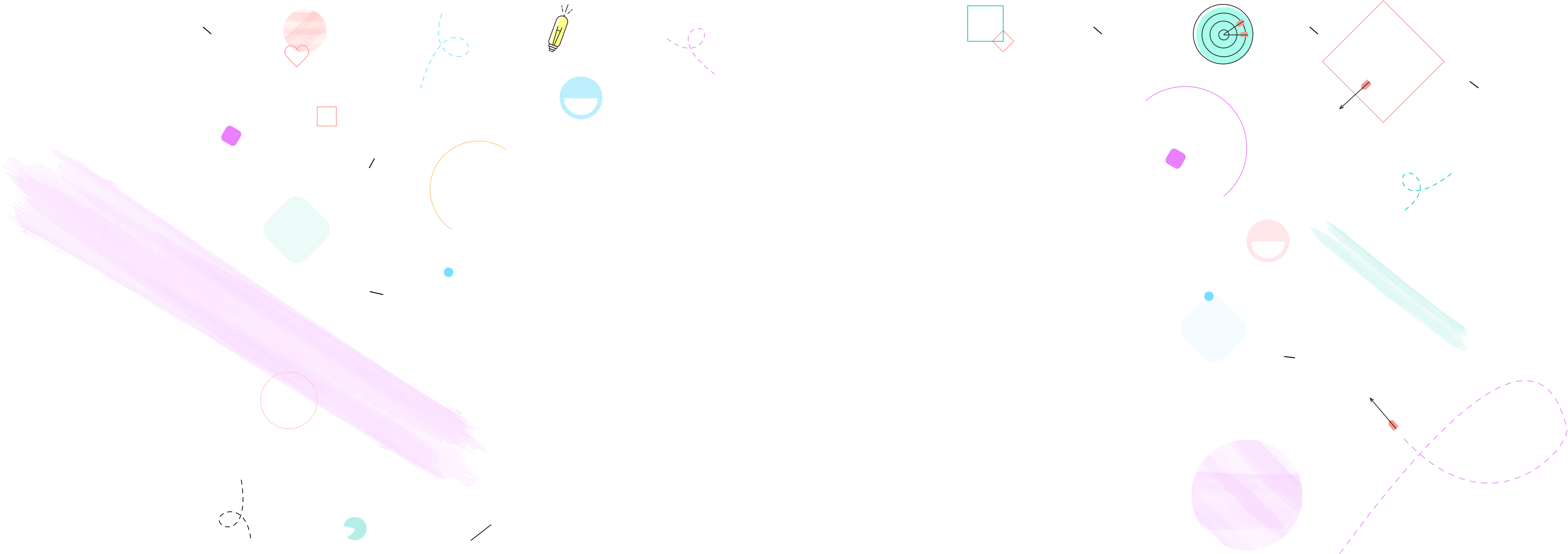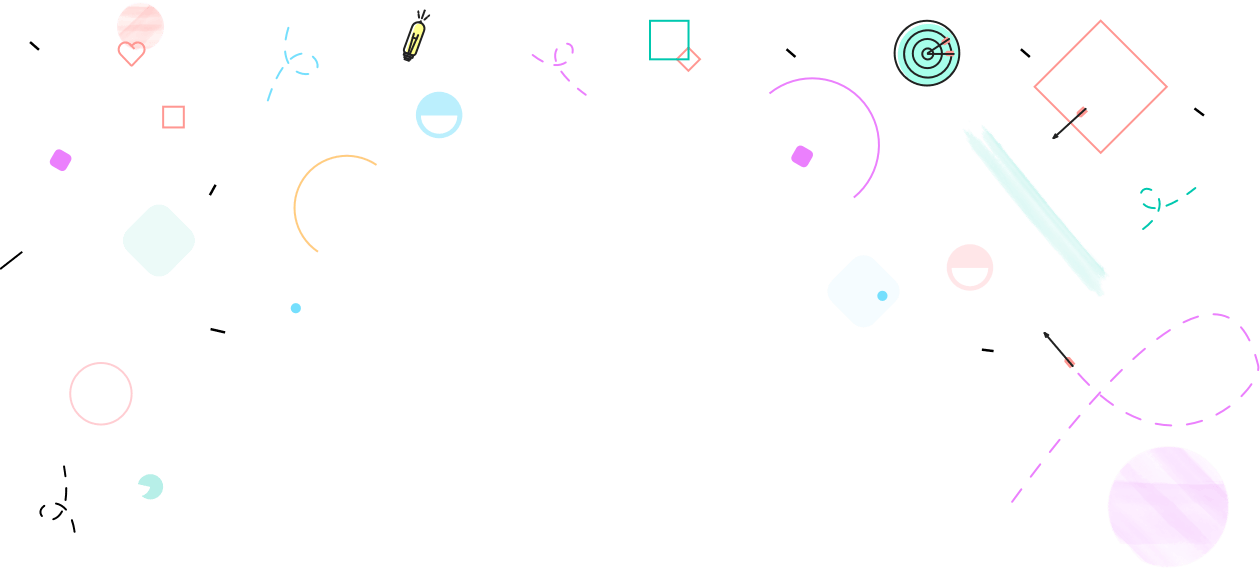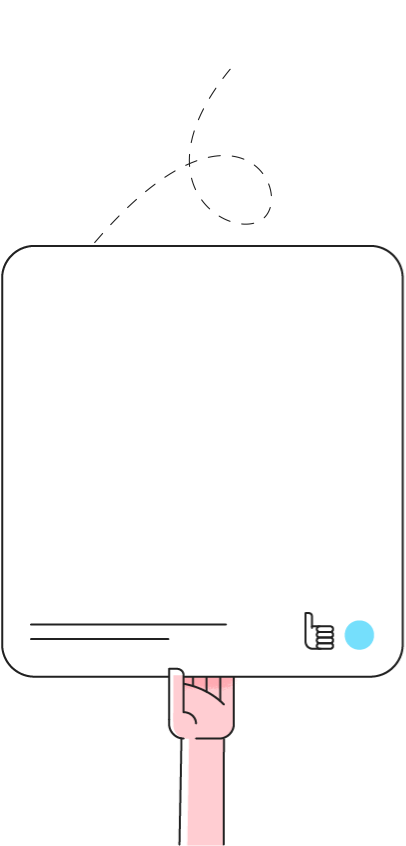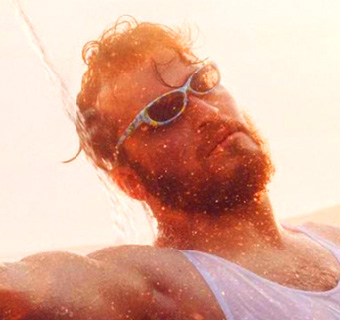Table of Contents
In a digital landscape both excitedly and anxiously awaiting modern AI-technology advancements, larger debates include discourse surrounding social media. From creators’ livelihoods to the average user, inevitable new AI shifts, large-scale collaborations, privacy debates, and integrations will occur – changing our usage, engagement, and creation on apps like Instagram or TikTok forever.
While most debates, similar to the ones following OpenAI & Apple’s alleged collaboration with iOS18, focus on the user experience, social media debates have to consider the creator aspect, as well. Whether it’s creative expression, AI learning systems, or plagiarism – the integration of AI onto social media sparks many debates. It’s exactly the debate that’s sparked online following Meta’s controversial “Made with AI” labels mistakenly being applied to genuine creative’s work on the site. Not only has this sparked controversy, opening up creators’ distaste and mistrust with Instagram’s AI integrations and announcements, it has them yearning for another site that protects the authenticity, genuinity, and integrity of their creations and artwork – which is exactly where the Cara platform has stepped in.
What is the Cara Platform & Why do Creators Love it?
Via Vecteezy
The Cara platform has grown rapidly recently as creators grow frustrated with Meta’s AI integrations. With a user base nearing 700K, after reaching 40K just a few months ago, the Cara platform has creatives’ attention.
Similar to other social apps, the Cara platform houses a main page for creatives to share day-to-day updates, chat with each other, and upload their content. Their main pages also have the ability to house a portfolio of their work – without the involvement of AI features. That lack of AI technology on Cara was intentional, the app’s founder and photographer, Jingna Zhang, admits. “When you put so much [AI] in their face, and then give them the option to opt out, but then increase the friction to opt out…I think that increases their anger level,” she added, in a statement to TechCrunch. “Like, okay. Now I’ve really had enough.” Being that Meta’s AI technology is allegedly learning from public posts on the platform, creatives are hesitant to continue sharing. Creators’ work could both mistakenly be labeled as AI and contribute to a database for AI learning without their consent.
The Cara platform is a refreshingly different venue for artistic expression and creativity – especially for art lovers and creatives online. Zhang has ensured that creatives can have peace of mind over the authenticity and protection of their original work. Additionally, they’ll also be a part of an art-centric community that empowers original voices and creative expressions.
Creativity & Consent on other Platforms
Cara’s success can stand on its own, however, it’s difficult to deny the part major platforms played in that success. Recent criticisms of Meta’s AI features, learning software, and technological integration have made creatives reluctant to share their work. Creators fear that AI bots may utilize it to train themselves, as AI features train using data sets from public users.
The creation of Cara under Zhang is intertwined with this hesitancy and yearning for a safer place. Zhang, herself, shows her devotion to this by fighting many legal battles over AI’s overstepping. “Words can’t describe how dehumanizing it is to see my name used 20,000+ times in MidJourney,” Zhang said in a recent post. “My life’s work and who I am – reduced to meaningless fodder for a commercial image slot machine.”
View this post on Instagram
“I just want people to respect copyright and creators,” she added to the post. “People don’t want their things to be taken against their will – what will it take for people to see creatives as people who also deserve respect and protection for what we make, and call ours? Why are we so divided on something so fundamentally basic?” It’s this new fear of non-consensual usage of work that has lured creatives away from larger platforms. In the eyes of creators, they’d only be adding to the success of already huge platforms by sharing content there. Then, their hard work would get stolen to inform the work of already successful giant corporations.
Artistic Expression, Without Fear of AI Plagiarism
While artists, including Zhang, agree that AI has potential, its use on larger platforms has been disappointing. Cara aims to filter out AI images and promote genuine art. Many platforms currently accept AI art without ethical considerations. Some promise “no AI forever” policies without considering future workplace adoption. The future of creative industries requires understanding and support to bridge the gap between artists and companies.
Artists on Meta platforms complain about the “Made with AI” label automatically applying to their original content. The label is triggered by small edits or filters applied to their work. While the label was intended to enhance authenticity, it often mistakenly applies to original work. This not only creates a misguided narrative but also affects their revenue, protection rights, and credibility. Photographer Peter Yan (@yantastic) experienced this when his image was wrongly labeled. He suspects that using an AI tool to remove a trash bin triggered the label.
These frustrations have led creatives to distance themselves from powerhouse platforms experimenting with AI. Their livelihood should not be treated as an experiment.
Closing Thoughts
The excitement of AI technology surely isn’t overstated by certain industries’ hesitancy and user anxiety. Despite this, both are important to address. In the same way AI can foster interesting spaces for creatives to thrive, there are pitfalls that cannot be ignored. Creatives should be able to have a say in how their work is used, even if it’s been shared publicly. Artists make their living and craft their personhood through sharing their work. They deserve safety, security, and protection from misguided oversteps from AI technology initiatives. Clearly, they’re not afraid to take their visions elsewhere, to places like Cara, when they’re not feeling respected or protected.





